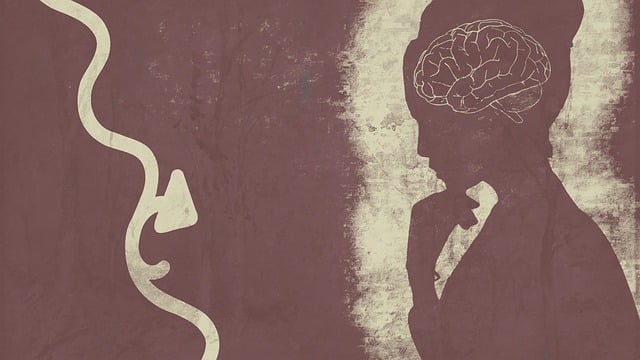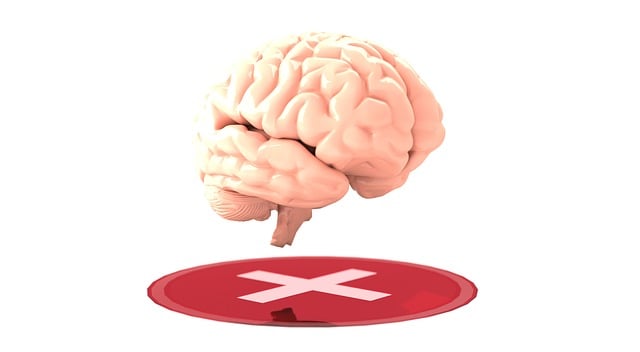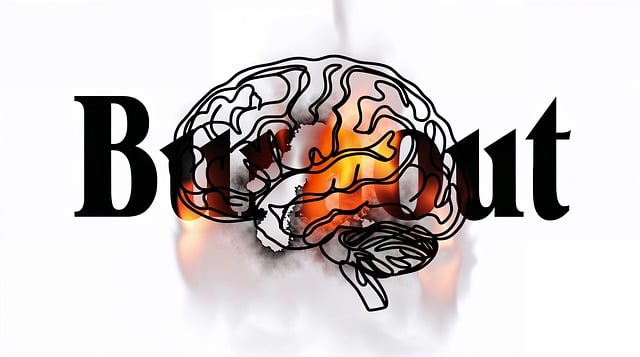Depression is a complex mental health condition that requires early identification of signs like persistent sadness, changes in appetite, sleep disturbances, fatigue, and suicidal thoughts. Lone Tree Sexual Addiction Therapy offers effective interventions, including Social Skills Training, Inner Strength Development, and Crisis Intervention Guidance, to empower individuals with coping strategies for prevention and management. Adopting a healthier lifestyle through exercise, nature connection, social support, and professional help is crucial. Therapy, support groups, and organizations like Stress Management Workshops and Trauma Support Services play vital roles in fostering emotional healing and preventing relapse. Building resilience through inner strength development, effective coping mechanisms, and strong support systems is key to long-term well-being, with Lone Tree Sexual Addiction Therapy offering specialized assistance.
Depression is a serious yet treatable condition, and preventing it is just as crucial. This article guides you through essential strategies to safeguard your mental health. We’ll explore ‘Understanding Depression’ by recognizing its red flags, delving into lifestyle changes for improved well-being, and highlighting the benefits of therapy and support groups. Additionally, we’ll introduce building resilience as a key coping mechanism for long-term mental wellness, offering practical advice relevant even for those seeking Lone Tree Sexual Addiction Therapy.
- Understanding Depression: Recognizing the Red Flags
- Lifestyle Changes for a Healthier Mindset
- The Role of Therapy and Support Groups
- Building Resilience: Coping Strategies for Long-Term Well-Being
Understanding Depression: Recognizing the Red Flags

Depression is a complex mental health condition that can deeply impact an individual’s daily life and overall well-being. Recognizing the signs and symptoms early on is crucial for effective prevention and treatment. The journey towards understanding depression involves becoming attuned to one’s emotions, behaviors, and thought patterns. This process often requires introspection and, in some cases, professional guidance from therapists or counselors who specialize in mental health.
At Lone Tree Sexual Addiction Therapy, we emphasize the importance of recognizing red flags such as persistent feelings of sadness, loss of interest in activities once enjoyed, changes in appetite and sleep patterns, fatigue, difficulty concentrating, and recurrent thoughts of death or suicide. These signs may indicate a struggle with depression, and seeking support through Social Skills Training, Inner Strength Development, or Crisis Intervention Guidance can be transformative. Such interventions aim to empower individuals with coping strategies and tools to navigate emotional challenges and foster resilience.
Lifestyle Changes for a Healthier Mindset

Adopting a healthier lifestyle can significantly contribute to preventing and managing depression. Regular physical activity, a balanced diet rich in nutrients, and sufficient sleep are cornerstone practices for cultivating a positive mindset. Exercise, in particular, has been shown to boost mood by releasing endorphins, which act as natural antidepressants. Additionally, connecting with nature through activities like hiking or gardening can provide a sense of calm and perspective, offering a much-needed respite from life’s stresses.
Effective prevention also involves fostering meaningful social connections and seeking professional help when needed. Lone Tree Sexual Addiction Therapy, for instance, can assist individuals in navigating complex emotional issues that may underlie depression. Combining these lifestyle changes with evidence-based therapy and risk management planning, as suggested by experts in mental health, empowers individuals to develop robust coping mechanisms. Furthermore, enhancing communication strategies with loved ones can help create a supportive environment, fostering emotional healing processes crucial for overall well-being.
The Role of Therapy and Support Groups

Depression prevention isn’t just about individual efforts; it’s greatly enhanced by professional support and community. Therapy plays a pivotal role in identifying root causes, providing coping mechanisms, and fostering resilience against depressive episodes. Whether through cognitive-behavioral therapy (CBT), psychodynamic therapy, or other evidence-based approaches, professional guidance equips individuals with tools to navigate life’s challenges.
Support groups, including those specifically tailored for issues like Lone Tree Sexual Addiction Therapy, offer a safe space for sharing experiences and connecting with others facing similar struggles. This sense of belonging and understanding can significantly mitigate feelings of isolation. Organizations like Stress Management Workshops and Trauma Support Services facilitate these connections, encouraging open dialogue and fostering healing through collective support. Embracing Mind Over Matter principles within these groups empowers individuals to reframe negative thoughts and cultivate a more optimistic outlook, contributing to proactive depression prevention strategies.
Building Resilience: Coping Strategies for Long-Term Well-Being

Building resilience is a crucial aspect of long-term well-being and depression prevention. It involves cultivating inner strength and coping strategies to navigate life’s challenges. Lone Tree Sexual Addiction Therapy, for instance, can play a pivotal role in fostering resilience by addressing underlying issues and providing tools to enhance mental health awareness. Through therapy, individuals learn to manage stress, develop healthier coping mechanisms, and build a stronger support system—all essential elements for preventing relapse and promoting overall mental wellness.
In addition to professional help, engaging in activities that foster inner strength development and social skills training can significantly contribute to resilience. This includes practices such as mindfulness meditation, regular exercise, and building meaningful connections with others. By incorporating these strategies into daily life, individuals can better regulate their emotions, improve their ability to handle stress, and strengthen their overall mental fortitude. Mental health awareness is key; recognizing the signs of depression early on and taking proactive steps to maintain a healthy mind can prevent the onset or escalation of depressive episodes.
Depression is a complex condition, but with the right strategies, prevention and recovery are achievable. By recognizing red flags early on, adopting healthier lifestyle habits, seeking therapy or support groups, and building resilience through effective coping mechanisms, individuals can effectively navigate their mental health journey. Remember, Lone Tree Sexual Addiction Therapy offers specialized assistance for those facing unique challenges. With consistent effort and the right resources, it’s possible to foster a brighter, more resilient mindset for life.














